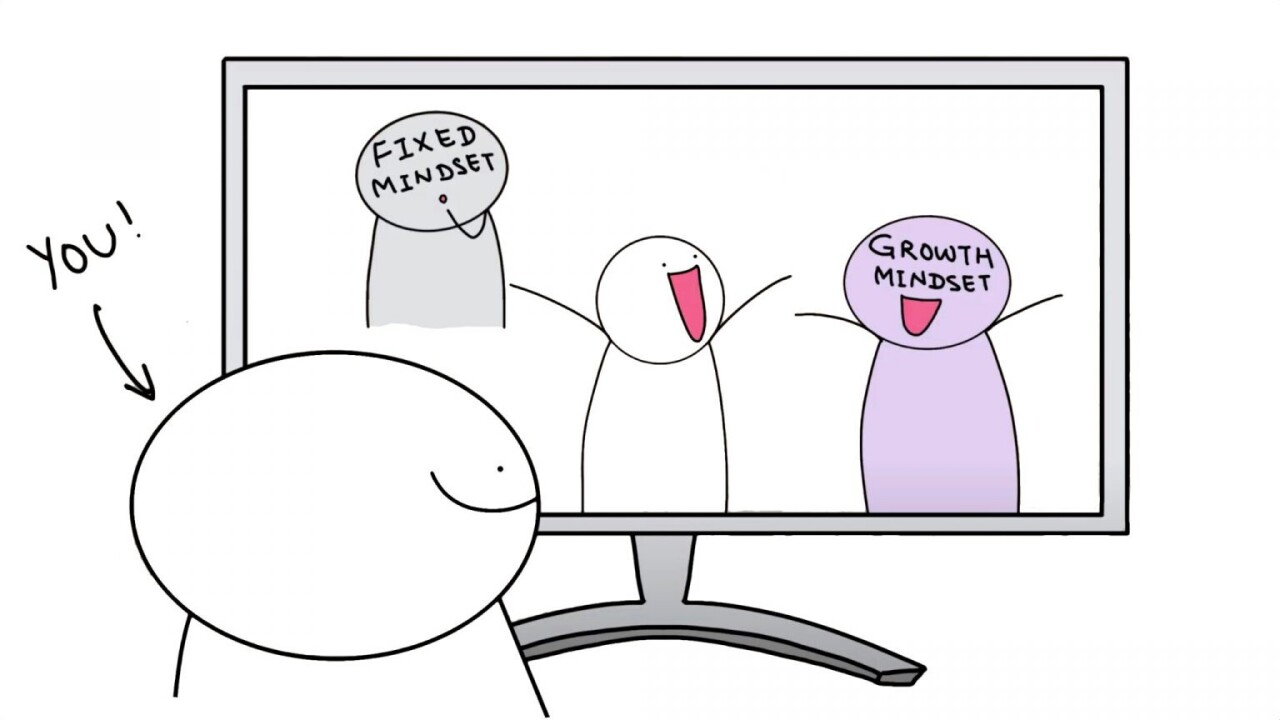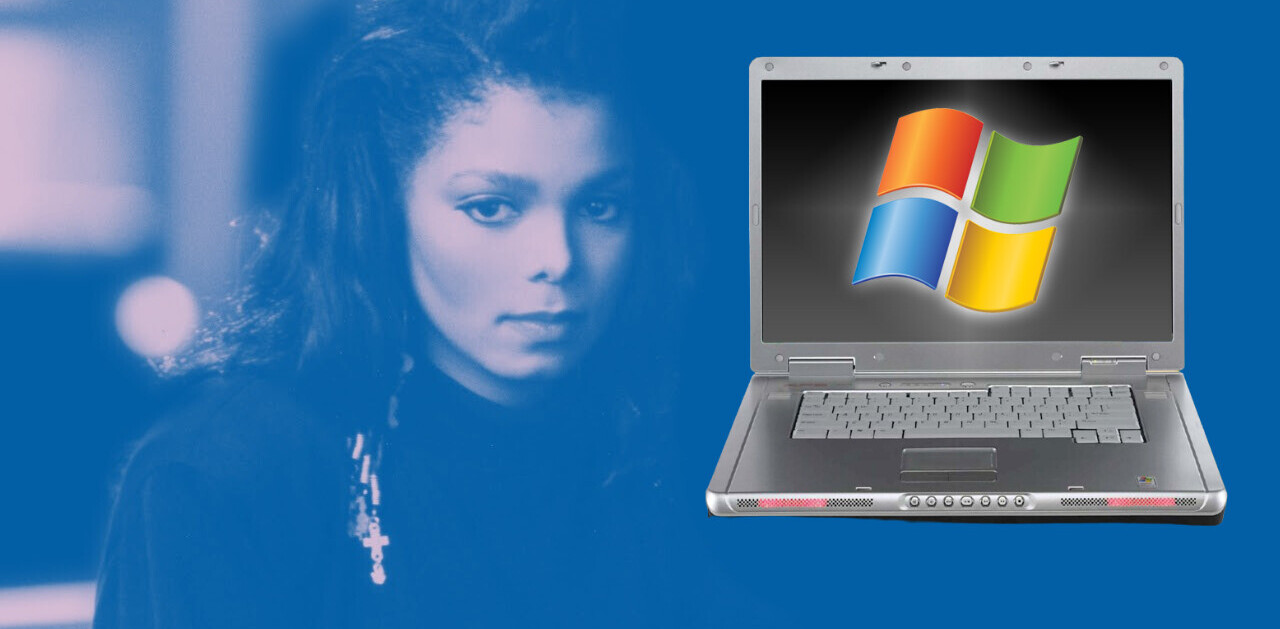It’s no secret the tech industry often doesn’t fully represent the people it attempts to serve. Tech companies can often be homogenous, and many of those who leave the industry can end up feeling excluded by workplace cultures that don’t feel inclusive.
And yet, paradoxically, there are more spots open for technical jobs than there are people to fill them. It’s a clear sign the tech industry can do more to ensure the success of underrepresented groups.
Microsoft’s new Growth and Resilience in Tech Toolkit, a free 6-hour course available on Microsoft Learn, aims to do just that. I was able to speak with Amanda Silver, Microsoft’s CVP of Product for Developer Tools, about the new curriculum.
Why non-tech skills matter
The free curriculum’s goal is to help anyone learning computer science or working in the field develop the subtler skills essential to navigating their careers. Rather than improving technical skills, the program is focused on improving ‘confidence, resilience, and belonging’ to help students succeed. It’s also designed to help mentors and managers provide a more welcoming environment to ensure success at work.
Silver says right now “as an example, 80% of minority students drop their intro to computer science courses — 80%. And black and African-American students make up only 6% of computer science graduates in the US. So it’s a big challenge.” This is compounded by the fact that when underrepresented groups graduate, “they can actually see this workplace culture that doesn’t match their background or experience. A lot of people leave and these are issues of equity and access and inclusion.”
In 2020, Microsoft began a pilot program in partnership with Mount Holyoke College with the idea of supporting essential non-technical skills such as “belongingness, emotional intelligence, cognitive flexibility, and how to receive and give feedback that’s inclusive.” The program began with over 1,000 students — more than 40% who identified as both women and people of color — and 200 Microsoft employees.
The current course is organized around three principles:
- Recognizing Discomfort: Working in tech requires you to constantly learn new skills and be pushed out of your comfort zone. It’s important to be able to recognize when you’re uncomfortable with a task and know how to overcome these obstacles — including asking an expert for help.
- Strategizing Solutions: When you’re faced with a difficult problem, you won’t always know where to start. This part of the course is aimed at helping you strategize solutions, but also to help you be aware of your own emotional state when tackling a difficult project.
- Pivot and Persist: This part of the program is aimed at helping you learn to react and overcome unexpected setbacks rather than giving up or getting down on yourself.
While building skills like “confidence” and “resilience” may sound like fluffy corporate buzzwords, Microsoft’s research suggests participants found the program invaluable. Of the original 1,200+ people who completed the curriculum, “97% claimed the program had a profound impact teaching them skills they can immediately apply in school and life,” according to Microsoft’s announcement. In speaking with Silver, she says students who’ve gone through the experience “have found it to be life-changing and one of the best courses or kind of training they’ve ever gone through.”
Putting inclusiveness at the forefront
I think most of us working in the tech industry can relate to the fact that there are some skills that you just don’t learn in school. People skills, organizational skills, problem-tackling skills, and more are often just as essential as becoming fluent in a programming language. Developing these skills can often be more difficult for underrepresented groups who don’t feel as welcomed in the industry from the get-go.
That’s something Amanda Silver is familiar with herself. As an undergraduate, she’d experienced gatekeeping in the industry, which was even less welcoming towards women. “Someone tried to convince me that I should go into a different field rather than go into computer science,” says Silver.
Instead, she joined Microsoft in 2001 and has since been a major force in its shift towards embracing open source, including helping develop the immensely popular Visual Studio Code and make the acquisition of Xamarin and GitHub possible.
The gatekeeping Silver experienced helped fuel her passion to “usher in a new and diverse generation of tech workers and recognizing that you need not only technical skills, but also non-tech skills to be successful.”
That’s where Microsoft Learn’s new course comes in. It’s just one step towards making it easier for a diverse group of computer scientists to be on a stronger, more equitable footing when entering the tech industry. You can join the Growth and Resilience course on Microsoft Learn now.
Of course, that’s just one part of the equation, and hopefully, the industry can adapt to become more inclusive as well. For her part, after being told she should leave computer science, Silver says “looking back on it 20 years later, I think I’ve done okay.”
Amanda Silver will be speaking at TNW Conference 2021, taking place September 30th and October 1st. She’ll be joined by 150 other experts who will share their latest insights from the world of business and tech.
Get the TNW newsletter
Get the most important tech news in your inbox each week.





